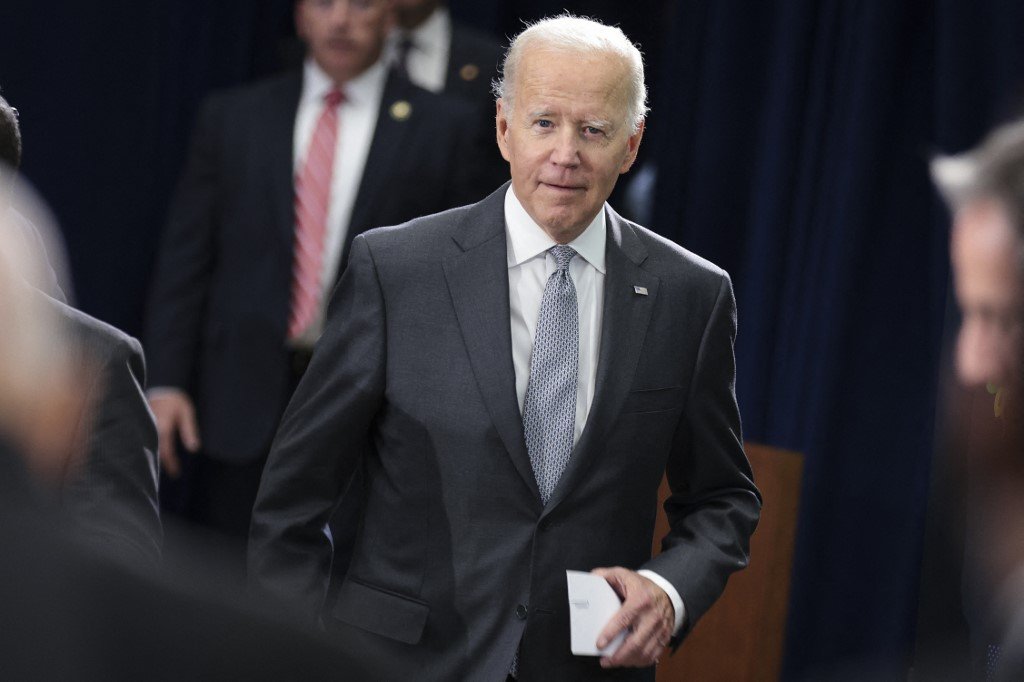WELLINGTON, April 1 (AP): Seeking to counter international fears over its new security alliance with China, the Solomon Islands said Friday it won’t allow China to build a military base there.
But that insistence will do little to ease concerns about the pact from the nation’s traditional partners that include New Zealand, Australia and the US.
The leader of neighbouring Micronesia added his voice to those expressing trepidation by invoking the bloody battles of World War II and warning that the pact could again see the South Pacific region become a battleground for much larger powers.
The Solomon Islands government said Thursday a draft agreement of the new security pact had been initialed by representatives from the Solomons and China and would be “cleaned up” and signed.
In a statement Friday, the Solomon Islands government said that “contrary to the misinformation promoted by anti-government commentators” the agreement did not invite China to establish a military base.
“Government is conscious of the security ramification of hosting a military base, and it will not be careless to allow such initiative to take place under its watch,” the statement said.
The statement seemed to more emphatically rule out the possibility of a base after Prime Minister Manasseh Sogavare had earlier told parliament it had no intention of asking China to build a base.
Sogavare said his nation sought only peace and prosperity, citing its foreign policy mantra: “We are friends to all and enemies to none.” He said it wasn’t a secret deal but a sovereign issue.
Under the terms of the draft agreement, China could send police, military personnel and other armed forces to the Solomon Islands “to assist in maintaining social order” and for a variety of other reasons. It could also send warships to the islands for stopovers and to replenish supplies, which had led to speculation about the possibility of China establishing a naval base on the South Pacific islands.
China has denied seeking a military foothold in the islands and accused others of raising tensions.
Apparently referring to the US and its allies, Chinese Foreign Ministry spokesperson Zhao Lijian on Friday blamed others for militarising the South Pacific and said the agreement with the Solomon Islands was predicated on maintaining the safety of lives and property and “does not have any military overtones.”
“When it comes to the militarisation of the South Pacific region, individual countries, despite strong opposition from regional countries, are bent on creating a militarised coterie and seriously threatening regional security and stability by introducing the risk of nuclear proliferation into the South Pacific,” Zhao told reporters at a daily briefing.
“That wantonly trampled on and damaged the existing stability mechanism in the region,” Zhao said.
China’s Defence Ministry did not immediately respond to a request for comment.







